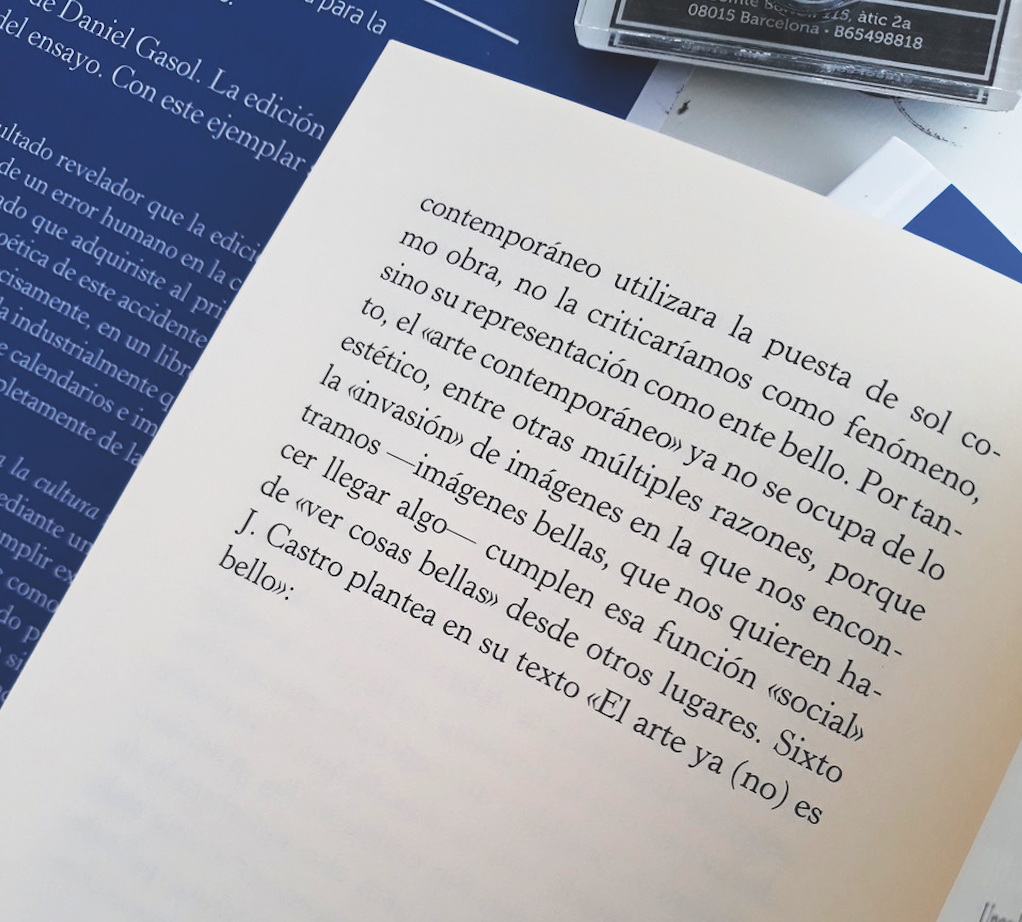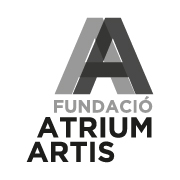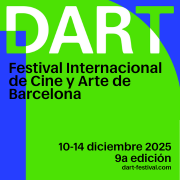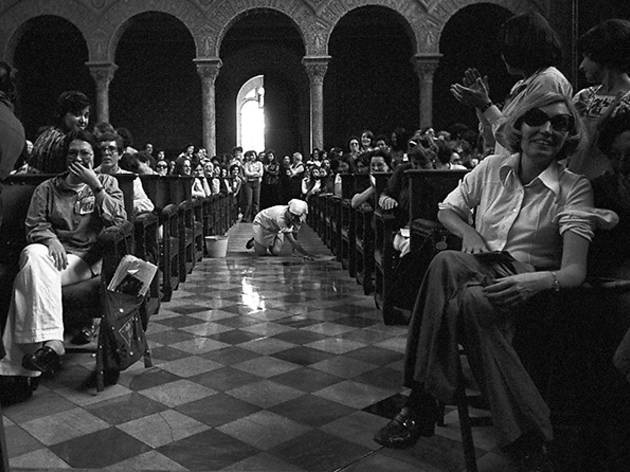library
Revealing symbolic error: Art (in) useful. On how capitalism deactivates culture

Coincidentally, there are events that bring to the fore issues that force us to look at culture from a different perspective and that jeopardize our hegemonic view of our consumption of the arts. In fact, it is quite revealing to speak of consumption in the cultural sphere, and if we think of the nominality to which we attribute what we consider artistic, we see that the terms we use to speak of art are related to a mechanism that refers to industrial production that generates surplus value: cultural industries or production are examples of a fact that governs our way of relating to what we call creativity and that capitalism has swallowed up to extract economic profitability. From perverse capitalism, everything that does not generate economy is useless, such as sick bodies, the elderly or people with functional diversity, which the system has taken care of to create jobs that fit with the excuse them for inserting them into a society that has never recognized them and that now needs to clean up its image in the name of charity.
At the beginning of September, when we had already been part of the distribution of the book in Spanish Art (in) useful. On how capitalism deactivates culture with Raig Verd Publishing, we saw that the edition was not well printed and that a few final pages were missing due to a human error in the production chain. With Raig Verd, we thought that the alleged error was not such, but represented a symptom and consequence of the work rhythms of the so-called "cultural industry", which mechanizes knowledge and forces to assume frantic cycles that turn culture into forms of consumption. capitalist. This is how we saw that the first edition of the book Art (in) useful had embodied its content in a useless and unfinished essay as a result of a mechanism that the book itself tries to put in crisis. The poetics of chance had turned the first edition into another work: a useless book entitled Art (in) useful that criticizes a capitalist mechanics had generated an accident that personifies its own critique. So instead of destroying the books already submitted, we wrote a text to send to those who had already purchased them, making this edition a numbered work as a revealing symbolic error.
A casual accident has altered and embodied the reader's expectations, transforming their relationship with the book and their expectations. We believe that creativity is at the heart of culture when it is only an agent subject to political and economic production. We subordinate ourselves to creation by producing as a Fordist chain of consumable knowledge, characterizing our relationship with culture where life becomes a condition of production, because when we speak of capitalism we do not speak of an economic system but of a culture. which is able to articulate the symbolic dimension of social relations, a language, a way of conceiving life.








